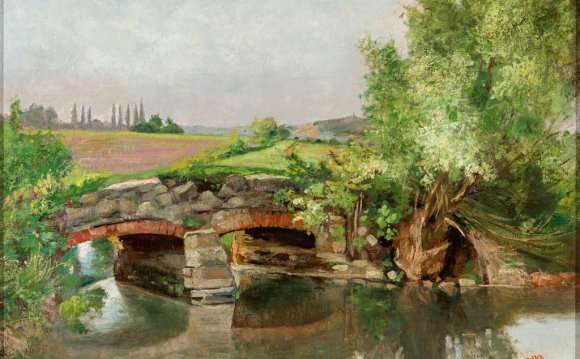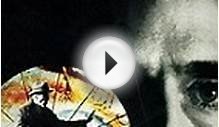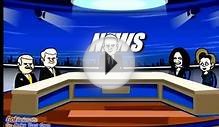
Outlaws, rebels, anti-heroes, iconoclasts – they're these types of basics of pop tradition and Hollywood blockbusters you could understand why, while the shield states in Kafkais the Trial, what the law states is attracted to shame. Needless to say, few of united states would place it precisely by doing so, but there's some thing appealing and, yes, undeniably sexy about outlaws.
Definitely Josef K.'s mini-performance for Fraülein Bürstner seems to leave his own aspire to star in the own biopic, to exploit the seductive allure of this outlaw. The same charm that produces for memorable heroes in films like Rebel Without a reason in addition makes for great crisis and interesting fiction, even as we find ourselves drawn into K.'s condemned adventures through the judge system.
But K. doesn't really look or become an outlaw. He is the principle economic officer of a bank, a respectable position that many folks may associate with Monopoly board games than with leather-clad James Dean kinds. We keep awaiting K. to take some decisive steps in the situation also to burst completely with concrete work of defiance. But K.'s activities apparently consist mainly of empty grandstanding and long periods of procrastination. K. himself does not appear to be all that confident, as their moods fluctuate between fiery arrogance and paralyzing insecurity.
It generally does not help that the book doesn't tell us exactly what his criminal activity is or the reason why he is becoming persecuted. K. is an outlaw because…he's an outlaw. However paradoxically, K.'s extremely obscure standing as an outlaw generally enables K. to portray all outlaws, from actual criminals to individuals who feel guilty without knowing why, those who don't quite fit in with each personal meeting or hope – which practically describes everyone on earth. We are all in some way beyond your legislation simply by virtue that many of us are unique people. Simply the very fact of your singularity – the details within our biography that differentiates united states off their men and women – makes us be noticed as exceptions towards the general rule.
Maybe this is actually the heart of K.'s struggle in the novel. Test this thought out on for dimensions: the book takes this standard instinct concerning the individual problem – many of us are outlaws – and elevates it into a law. The Law. Assuming regulations states that we are outlaws (look over: individuals), then there isn't any way we could previously be innocent because in accordance with the legislation, all of us are bad. This is the Law we can not escape regardless of if we attempted to break it because, when we smashed it, we'd remain following Law.
If you believe which is all messed up, imagine staying in a society where these types of a Law was actually implemented and enforced violently, supported by a massive, impenetrable bureaucracy.
Therefore no wonder K. seems paralyzed and acts out in seemingly unproductive techniques. Acquittal before such a legislation is impossible if you should be a person being, as the Law relates to all human beings – its, actually, the law to be person. This may clarify why K. keeps talking about puppies, because dogs could be innocent before such a law. Reasoning and common sense, K.'s tools for most of the book, are ineffective against such a paradoxical legislation. Your only options are, as Titorelli describes, forms of deferral and procrastination. You merely must discover a way to withstand presence beneath the legislation, which can be merely another way of suffering your human life.
Now, for a lot of people, suffering life doesn't sound like a problem after all. Life is really pretty good, downright pleasurable, filled with buddys and family, happy thoughts, and hopes and desires that make waking up each day a lark. However if you have ever questioned the meaning in your life, thought obscurely uncomfortable in regards to the course yourself is taking, sensed a knot or a wrinkle when you look at the fabric of presence, Josef K.'s tale could be the parable for you.
Josef K. TimelineRELATED VIDEO












